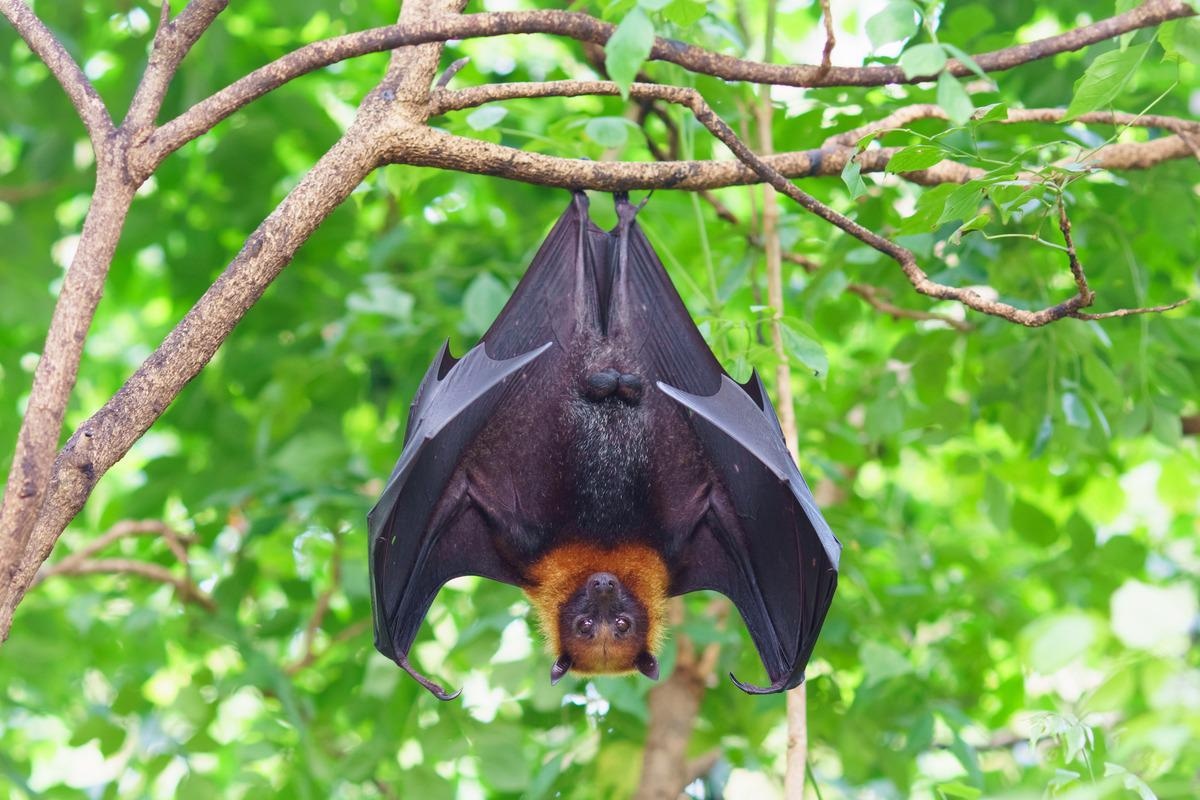In a recent study posted to the International Journal of Infectious Diseases (IJID), researchers monitored the circulation of coronaviruses (CoVs) in bats from the central and northern provinces of Argentina.
 Study: Circulation of coronavirus in bats from northern and central Argentina: preliminary study. Image Credit: jekjob/Shutterstock
Study: Circulation of coronavirus in bats from northern and central Argentina: preliminary study. Image Credit: jekjob/Shutterstock
Bats are well-known hosts and disseminators of a broad range of viruses in nature. Sometimes the virus spillover from bats to humans leads to infections with serious health issues, such as those associated with severe acute respiratory syndrome coronavirus 2 (SARS-CoV-2), severe acute respiratory syndrome coronavirus (SARS-CoV), and Middle East respiratory syndrome CoV (MERS-CoV). Although there were prior CoV spillover events from bats in Argentina, in-depth information regarding CoVs found in the bat population is not available.
About the study
In the present preliminary investigation, the researchers tracked the circulation of CoV in the bat population in two provinces of Argentina, where these animals are in constant contact with other wild and domestic animals as well as humans. The team collected fecal matter and pharyngeal swab samples from various bat species from the provinces of La Pampa in central Argentina and Jujuy in northern Argentina. They also procured pharyngeal and fecal samples from domestic and wild animals that shared biological niches with bats.
The ribonucleic acid (RNA) Shield® 1X was used to store the stool and pharyngeal samples until they were processed. The CoV RNA was extracted using Quick-RNA Viral Kit, and the complementary deoxyribonucleic acid (cDNA) of CoV was extracted employing EasyScript First-Strand cDNA Synthesis SuperMix.
Furthermore, each stool and the pharyngeal sample was examined separately using nested polymerase chain reaction (PCR) targeting a conserved 440-base pair (bp) region inside the CoV polymerase gene.
Findings
The preliminary results indicate that, of the 43 stool samples collected from the hematophagous and insectivorous bat species, one from hematophagous and three from insectivorous bats exhibited the presence of alphaCoV sequences. In addition, among the 53 pharyngeal swabs procured from these two bat species, one from an insectivorous bat demonstrated the presence of the alphaCoV sequence.
The alphaCoV sequences obtained in the study were compared with the GenBank sequences, and the closest relative of these alphaCoV sequences were the alphaCoVs found in Desmodus rotundus, Molossus rufus, and Myotis riparius/nigricans. Further, the alphaCoV sequences from the hematophagous or insectivorous bats were discovered in another bat order possibly because their colonies were in close contact. The analysis of specimens from additional animal species is now underway.
Conclusions
The study findings demonstrate the presence of a new alphaCoV in two bat orders and in other bat orders that shared ecology with them in Argentina. A novel alphaCoV was observed in four fecal samples and one pharyngeal swab sample of the hematophagous and insectivorous bat orders.
Later, the sequence of alphaCoV from the insectivorous and hematophagous bats was detected in another order of bats cohabitating with these two bat orders. Together, despite bats being a well-known reservoir for CoVs, the detection of novel CoV in bats and other animal species that cohabitated with them in the present study accentuates the understanding of CoV evolution and cross-species transfer.